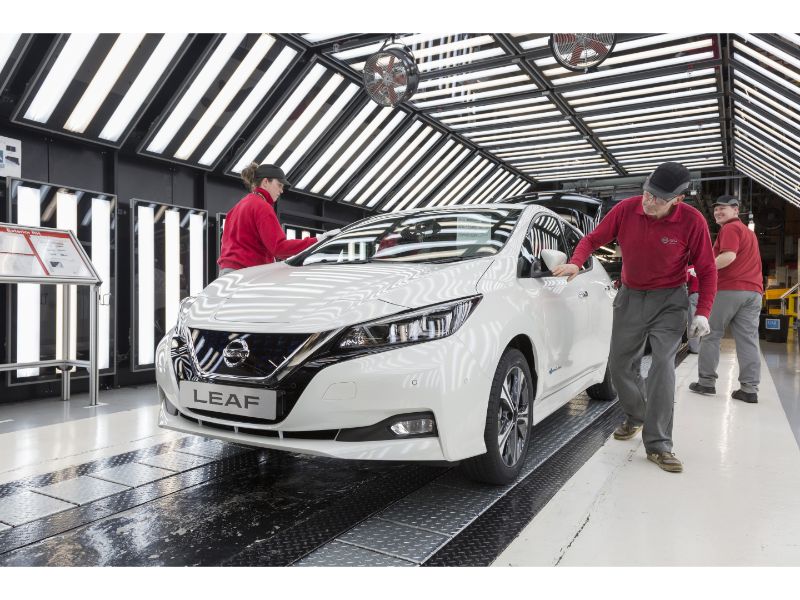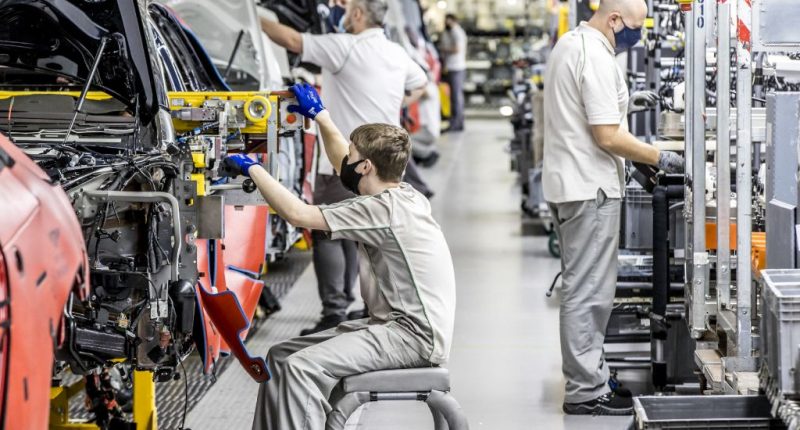The British government should place the UK car industry at the heart of future trade negotiations, the Society of Motor Manufacturers and Traders (SMMT) has said.
In a new report published today by the trade association, it values the country’s automotive sector at £27 billion despite total output dropping by 26% during a COVID-affected 2020.
The SMMT also revealed that around half of all cars built in the UK, and “almost all” light commercial vehicles, end up on European roads. For this reason, the EU “remains a central trade partner” in a post-Brexit world.
In order to maintain these positive figures, maintain employment levels and bring about future job creation, the SMMT believes “reducing tariffs and regulatory barriers” must be a priority for Boris Johnson and his Cabinet in future trade deals.

Mike Hawes – the SMMT’s Chief Executive – said: “As the world re-emerges from the pandemic, the diversity and importance of Britain’s automotive industry is the UK’s competitive advantage for restarting growth, creating jobs and tackling climate change.
“With automotive at the heart of future trade policy, and negotiations focused on removing both the tariff and non-tariff barriers that stifle growth, we can drive forward the growth of Global Britain and sustain our place as an economic, industrial and environmental leader.”
Mr Hawes also highlighted the need for Rules of Origin to reflect appropriate sourcing of batteries for electric cars. He said this was crucial so that UK-built zero emission vehicles such as the hugely-successful Nissan Leaf can be freely exported around the world, and play an essential role in reducing emissions.
Besides Nissan, Aston Martin, Bentley, Jaguar, Land Rover, Lotus, McLaren and Vauxhall are just some of the other car companies that continue to assemble cars on home soil.









